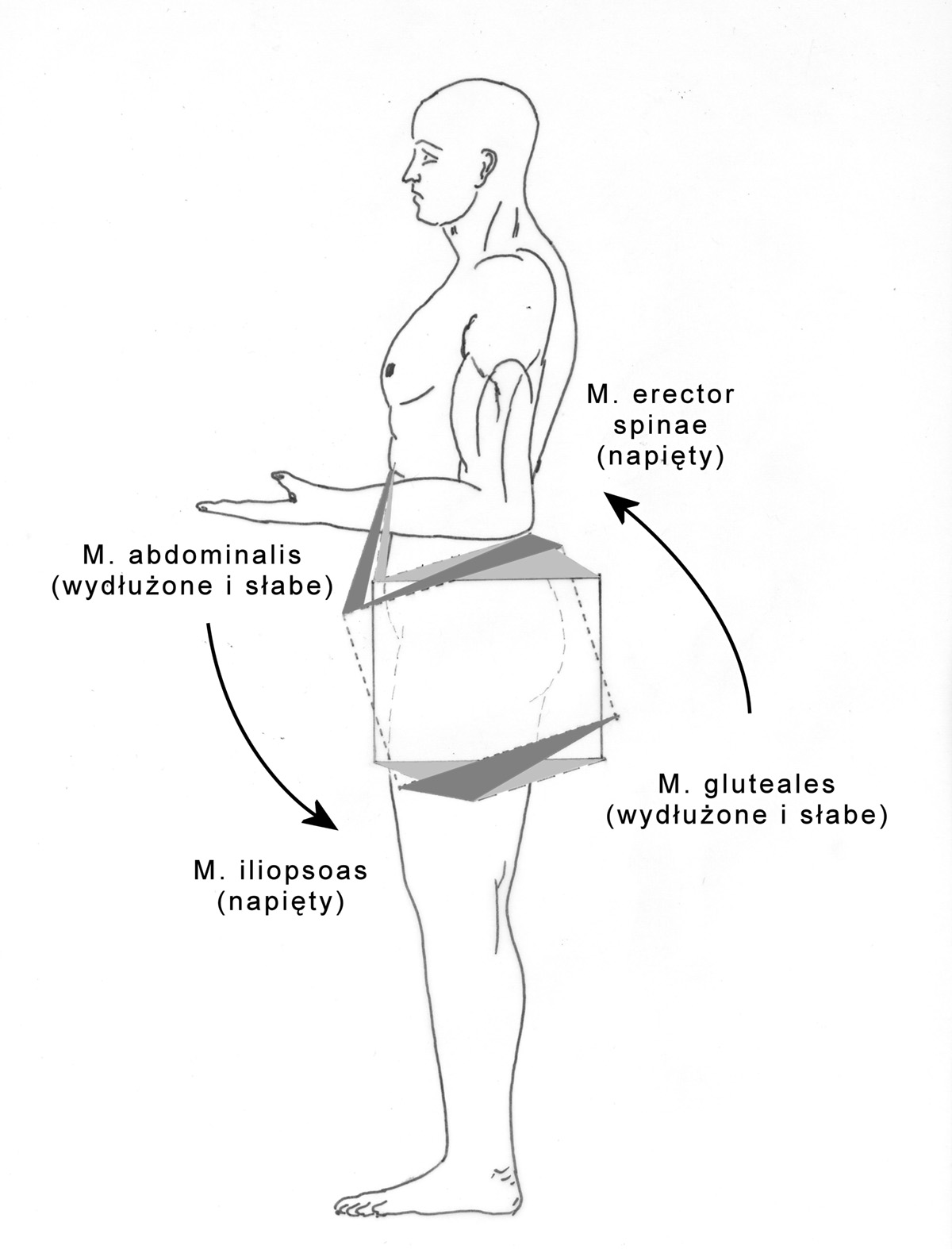
Gilbert’s disease or Gilbert’s syndrome is a liver disorder. It is characterized by failure of the liver to process bilirubin properly. This is a mild disease that often goes unnoticed and rarely requires any treatment.
Gilbert’s Syndrome OverviewGilbert’s syndrome is a common and harmless genetic disorder. It is caused by lack of enzymes in the liver that process bilirubin. Bilirubin is a substance that originates from normal breakdown of red blood cells. Gilbert’s syndrome causes mild increase in bilirubin level.
The disease is passed down through families. People with Gilbert’s disease may not be aware of their condition for many years. The syndrome is usually detected incidentally during routine blood tests done for other reasons.
Gilbert’s syndrome does not produce serious symptoms or complications and usually does not have to be treated. This syndrome is also known as constitutional liver dysfunction, familial nonhemolytic jaundice, unconjugated benign bilirubinemia and low-grade chronic hyperbilirubinemia.
Symptoms of Gilbert’s Syndrome
Gilbert’s syndrome usually does not cause symptoms because the level of bilirubin is not very high. However, certain factors like stress, starvation or infection may induce the symptoms. The main symptom of Gilbert’s syndrome is yellowing of the skin and whites of the eyes (jaundice). Other symptoms include abdominal pain, mild weakness and fatigue.
Diagnosis of Gilbert’s Disease
As already said, Gilbert’s syndrome is most frequently discovered incidentally during routine blood test that reveals raised bilirubin levels. Also, it may be detected when a person seeks medical help because of jaundice.
Gilbert’s syndrome is usually first diagnosed in late teens or later in life since production of bilirubin does not increase until puberty.
In order to confirm diagnosis as well as to rule out other conditions, a doctor will order blood test that includes bilirubin test, complete blood count (CBC) and liver function test.
Complications of Gilbert’s SyndromeGilbert’s syndrome may cause jaundice from time to time. This jaundice can occur due to exertion, stress, starvation, alcohol consumption or medical conditions such as fever, common cold and flu. Jaundice is generally mild and resolves on its own. Sometimes, Phenobarbital can be used to treat jaundice by decreasing the levels of bilirubin.
Certain medications may cause increased side effects in people with Gilbert’s syndrome. This includes irinotecan (Camptosar) which is used in treatment of bowel cancer. This chemotherapeutic may cause severe diarrhea in people affected by Gilbert’s syndrome. Other medications that should be avoided by people with the syndrome include indinavir used in treatment of HIV and gemfibrozil used for treatment of high cholesterol.


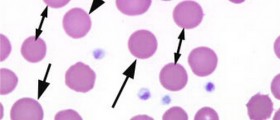
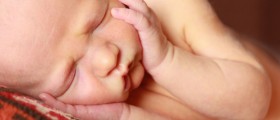
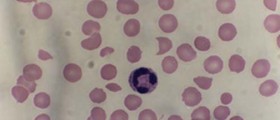








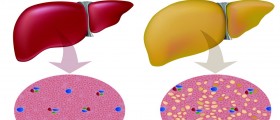



Your thoughts on this
Loading...